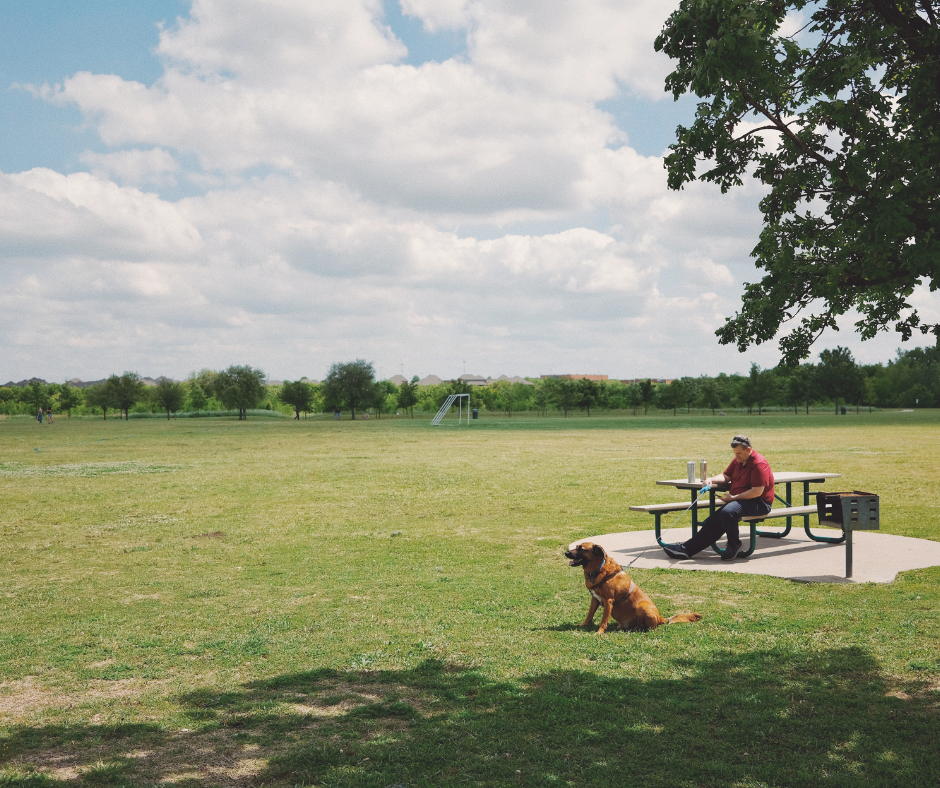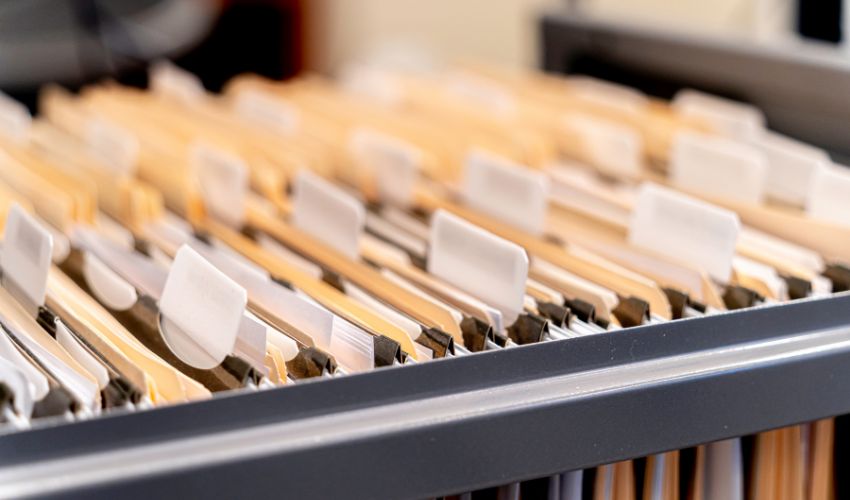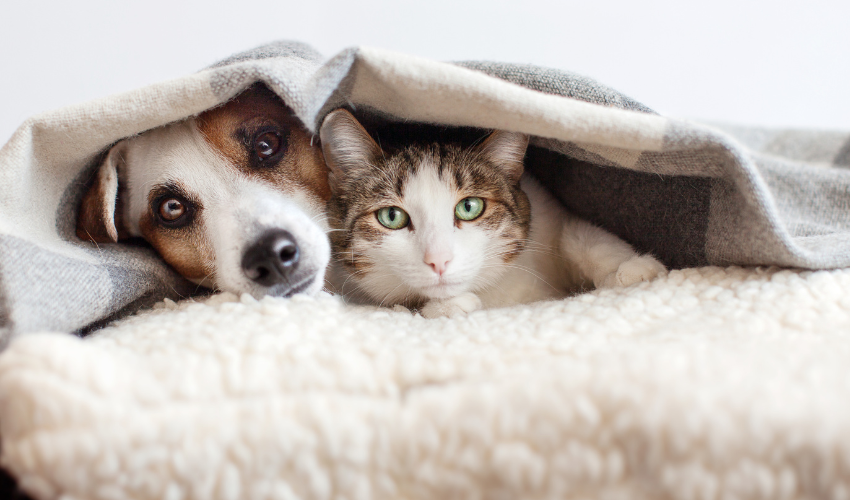At-Home Care for Dogs Recovering from Distemper
 Since there’s currently no known cure for canine distemper, the only thing that can give infected dogs a fighting chance of survival is supportive care from a veterinarian. However, once your dog has already received the professional care they need from the animal hospital, they’ll be coming home with you. That means you’ll be working as a part-time at-home doggie nurse until they reach full recovery, so you should be prepared to take care of your sick pup.
Since there’s currently no known cure for canine distemper, the only thing that can give infected dogs a fighting chance of survival is supportive care from a veterinarian. However, once your dog has already received the professional care they need from the animal hospital, they’ll be coming home with you. That means you’ll be working as a part-time at-home doggie nurse until they reach full recovery, so you should be prepared to take care of your sick pup.
Supportive treatment and at-home care go hand in hand to help recovering dogs heal and bounce back faster. Plus, being in a familiar environment will help them feel more relaxed and comfortable. After all, there’s no place like home.
On that note, here’s a list of things you can do to care for your recovering dog at home:
1. Isolate them from your healthy dogs.
If you have other dogs, keep your recovering dog in a separate area. You can use an extra room, a playpen, or a crate (you can click here to see our top dog crate choices for sick pooches). Infected dogs can spread the canine distemper virus in the air through sneezing and coughing, or saliva in food and water bowls. That applies to both vaccinated and unvaccinated dogs because even vaccinated dogs can sometimes contract the canine distemper virus.
It’s also advisable to clean up after your recovering dog right away. Even though the canine distemper virus can’t survive longer than a few hours outside its host, it’s still best to stay keep your home free from traces of your sick dog’s feces or body fluids, especially in multi-dog households.
2. Make sure they stay hydrated.


Making sure your recovering dog gets enough water daily will prevent them from becoming dehydrated. Additionally, dogs with distemper also lose plenty of electrolytes, which are minerals involved in many important processes in the body. So in addition to water, don’t forget to incorporate electrolyte supplements into your dog’s at-home treatment plan. If you’re not sure which one to get, you can check out our top picks here.
3. Feed them the right kind of food.
Similar to a sick human, sick dogs won’t have much of an appetite. So, choosing the right kind of food is essential.
Some of the best food choices for dogs with distemper are warmed wet dog food, warm chicken broth, or unseasoned, shredded chicken breast. Wet dog food and warm chicken broth work really well, especially if your dog refuses to drink water. The moisture from both foods will help keep them hydrated.
If your dog is having some trouble breathing, the warmth of the chicken broth can also help alleviate nasal congestion. If that doesn’t help much, cool-mist humidifiers are great at loosening mucus and helping dogs breathe more comfortably. You can view our favorite ones here.
4. Do cold compresses.


However, it’s only advisable to do this during summer, or if the temperature in your area is incredibly high. Doing so during colder seasons may cause your dog’s temperature to drop below normal, which can be very dangerous.
5. Gently wipe away eye and nose discharges.
Dogs with canine distemper will typically have green-colored discharge coming out of their eyes and nose, causing them to have trouble seeing and breathing. You can help out your recovering dog by wetting a clean cloth or a sterile gauze with warm water and gently wiping the discharges away.
Be careful when doing this, though. Only wipe away the traces of discharge that’s already come out of their eyes and nose to avoid hurting them.
6. Consider giving them Vitamin C and Probiotics.


However, it’s different for every dog. So, be sure to consult with your veterinarian first before making any changes to your recovering dog’s at-home regimen.
7. Keep in close contact with your veterinarian.
It’s best to keep in close contact with your veterinarian during your dog’s recovery process. If you ever notice any concerning changes in your dog’s health, appearance, or behavior, let them know immediately. That way, you’ll always be one step ahead, and your dog can receive timely professional help when needed.














